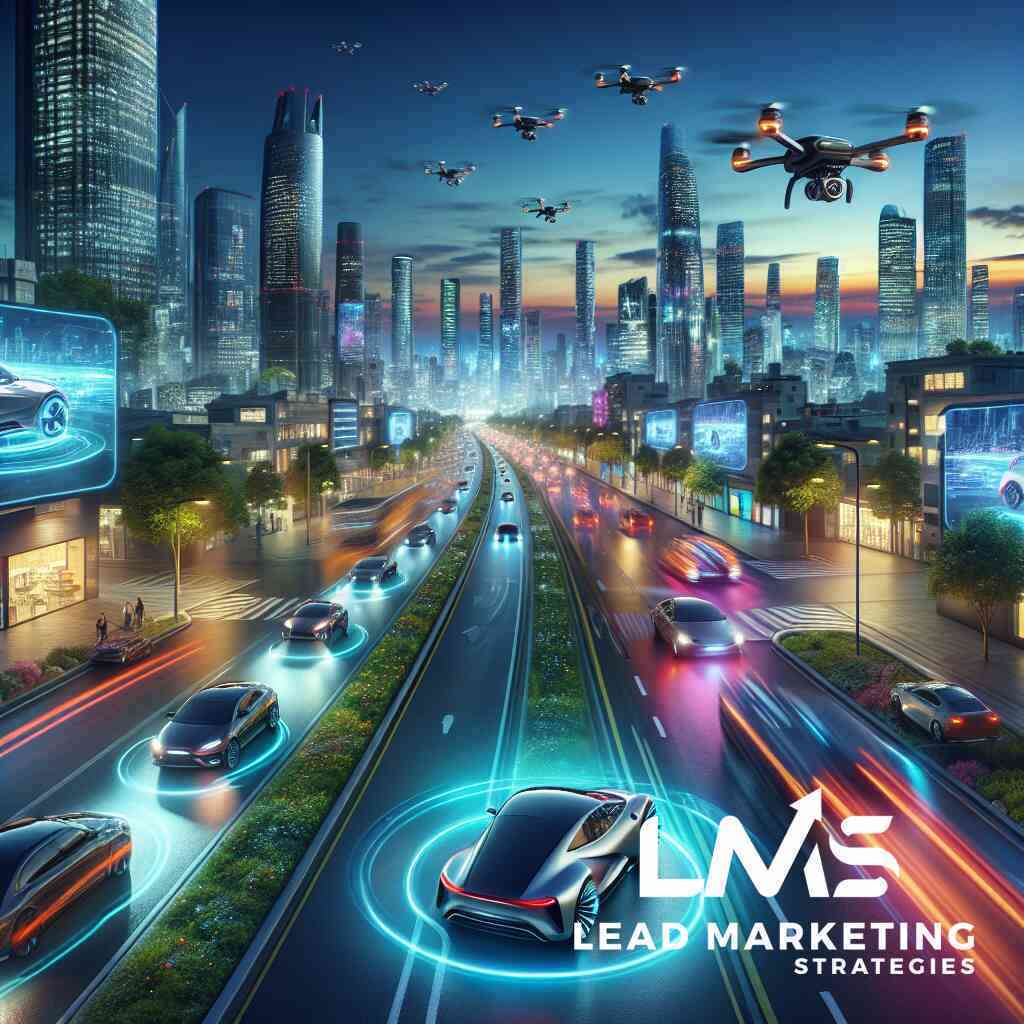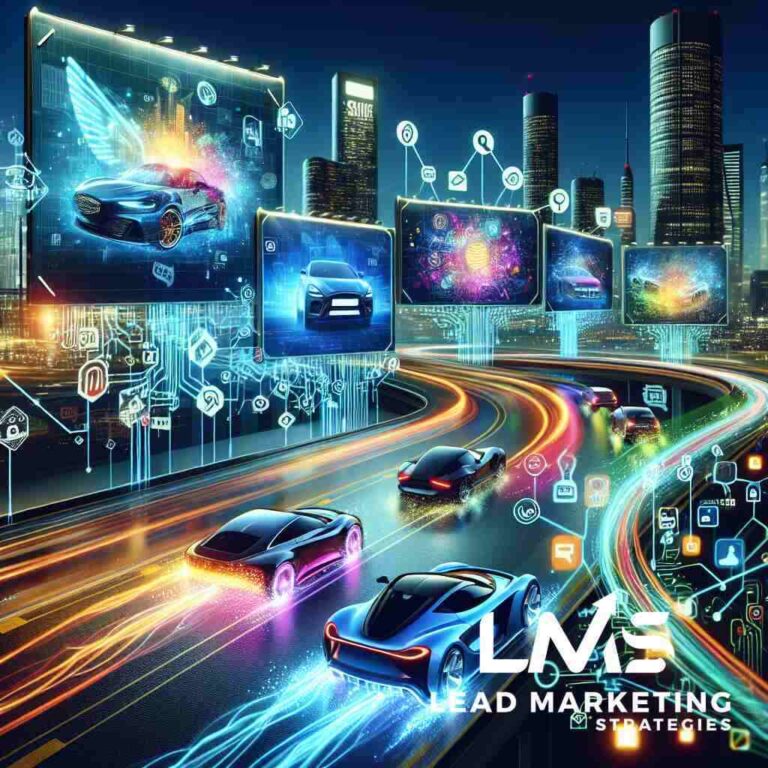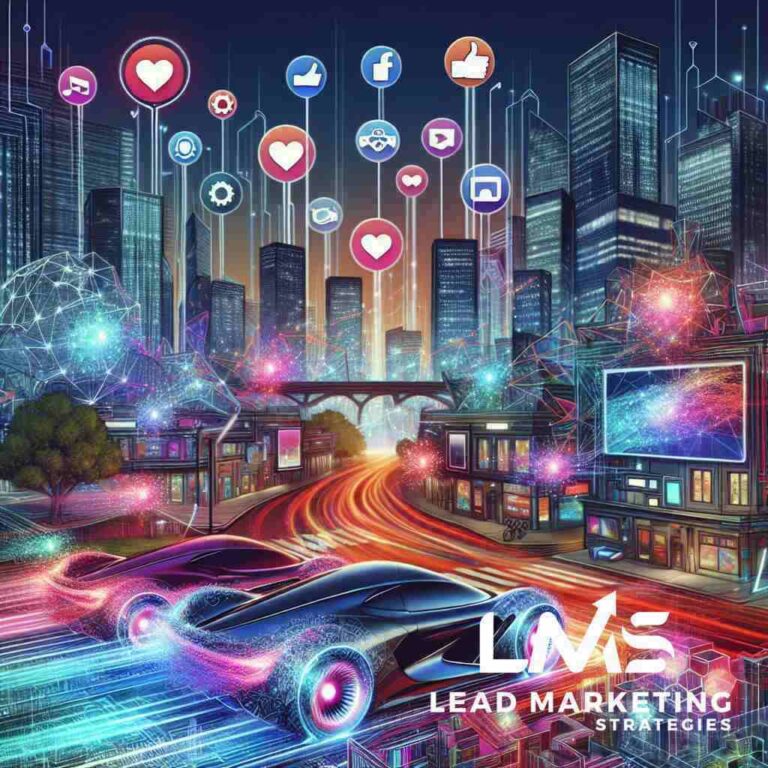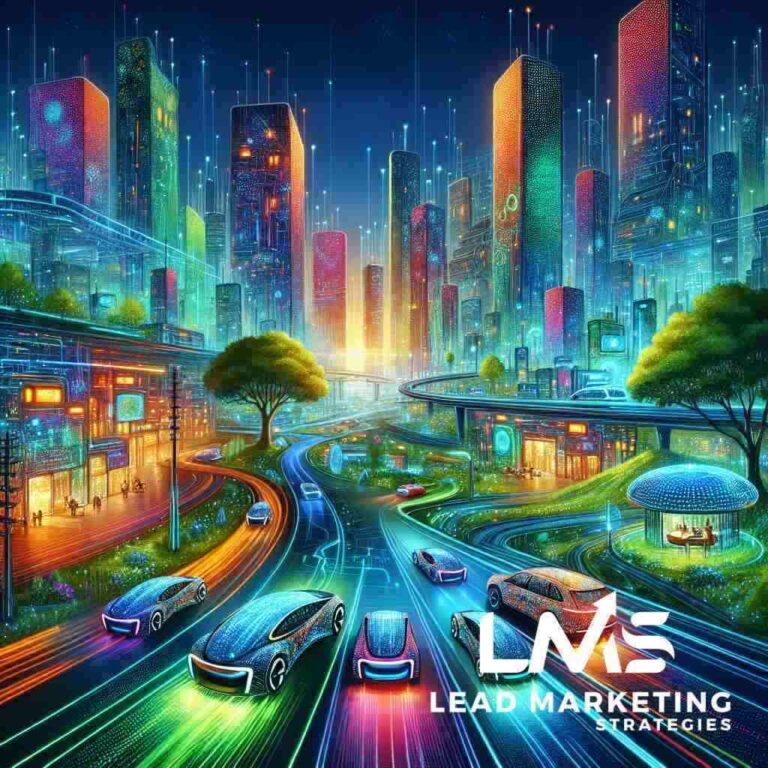Starting the Engines: Introduction to Automotive Marketing Innovations
History and Evolution of Auto Industry Campaigns
The auto industry has been a fascinating field of study due to its dynamic nature and continuous advancements. From the first car advertisements in newspapers to the sophisticated digital marketing for cars we see today, the journey of automotive marketing is remarkable. It all began with basic advertising campaigns showcasing the reliability and luxury of early vehicle models. As the industry evolved, so did its marketing strategies, integrating technological innovations like television ads and eventually transitioning into the digital age. These transformations have revolutionized how vehicles are marketed, making campaigns more targeted and interactive. As a result, auto industry campaigns have become a vital aspect of automotive brand development and consumer engagement around the world.
Importance of Marketing in the Automotive Sector
Marketing is an indispensable element in the automotive sector. It acts as the bridge connecting manufacturers with consumers, ensuring that vehicle features and brand values resonate with potential buyers. Effective marketing can significantly enhance a brand’s image and customer perception, thereby fostering better relationships with clients. The automotive sector relies on powerful marketing strategies to drive sales and maintain market presence amidst stiff competition. Successful campaigns often involve strategic advertising in the automotive industry, leveraging multiple platforms to reach diverse demographics, and adapting to market changes. These efforts are crucial for sustained growth and competitiveness within the multifaceted automotive industry.
Defining Automotive Campaign Success
Defining success in automotive campaigns requires a keen understanding of the objectives and metrics that influence outcomes. A campaign’s success can be measured by increased sales, enhanced brand visibility, or improved customer satisfaction. Key performance indicators such as website traffic, lead generation, and conversion rates are essential in evaluating the effectiveness of a campaign. Furthermore, consumer insights play a pivotal role in tailoring campaigns to meet specific market demands. For instance, data-driven strategies can reveal car industry consumer preferences, helping businesses to refine their messaging and offerings. Ultimately, successful automotive campaigns align brand goals with consumer expectations, creating lasting impressions and fostering brand loyalty.
Revolutionizing Automotive Visions: Strategic Campaign Planning
Leveraging Car Industry Consumer Insights
In the ever-evolving auto sector, leveraging car industry consumer insights is imperative to crafting effective marketing campaigns. Understanding consumer preferences allows companies to tailor their strategies to better meet the expectations of their target audience. This involves analyzing purchasing behavior, preferences for car features, and even sentiments shared on social media. By deploying advanced analytics tools, automakers can gain a comprehensive understanding of these insights, ultimately enhancing customer engagement. Utilizing these insights not only informs product development but also shapes marketing narratives that resonate powerfully with car buyers.
Crafting Automotive Brand Storytelling
The art of crafting automotive brand storytelling weaves a compelling narrative that reflects a brand’s core values and identity. This storytelling approach engages consumers on an emotional level, distinguishing a brand in a saturated market. Effective brand storytelling emphasizes authenticity, highlighting a brand’s heritage, innovations, and vision for the future. Through curated content across digital platforms, brands can captivate their audience and forge a meaningful connection. By aligning the brand’s story with consumer values, automotive companies ensure their message is both engaging and memorable, thereby fostering brand loyalty and advocacy.
Exploring Automotive Influencer Partnerships
In the digital era, exploring automotive influencer partnerships has become a transformative strategy. Influencers wield significant sway over consumer purchasing decisions, making them invaluable assets in enhancing brand visibility. Collaborating with influencers who resonate with a brand’s target market can amplify reach and impact. These partnerships often involve creating authentic content that showcases vehicles in relatable contexts, appealing to potential buyers. By leveraging influencer endorsements, automotive companies can tap into vast networks of engaged followers, driving brand awareness and increasing conversion rates.
Harnessing Automotive Digital Transformation
The journey toward digital transformation is paramount for any automotive entity aiming to remain relevant in today’s market. Harnessing automotive digital transformation encompasses adopting cutting-edge technologies in marketing endeavors, from AI-driven personalization to real-time data analytics. These innovations enable a deeper understanding of market trends and consumer behaviors. Furthermore, digital tools streamline operations and enhance communication between brands and customers. As the auto industry progresses, embracing digital solutions not only optimizes marketing efficiency but also revolutionizes customer interactions, setting the stage for future growth and innovation.
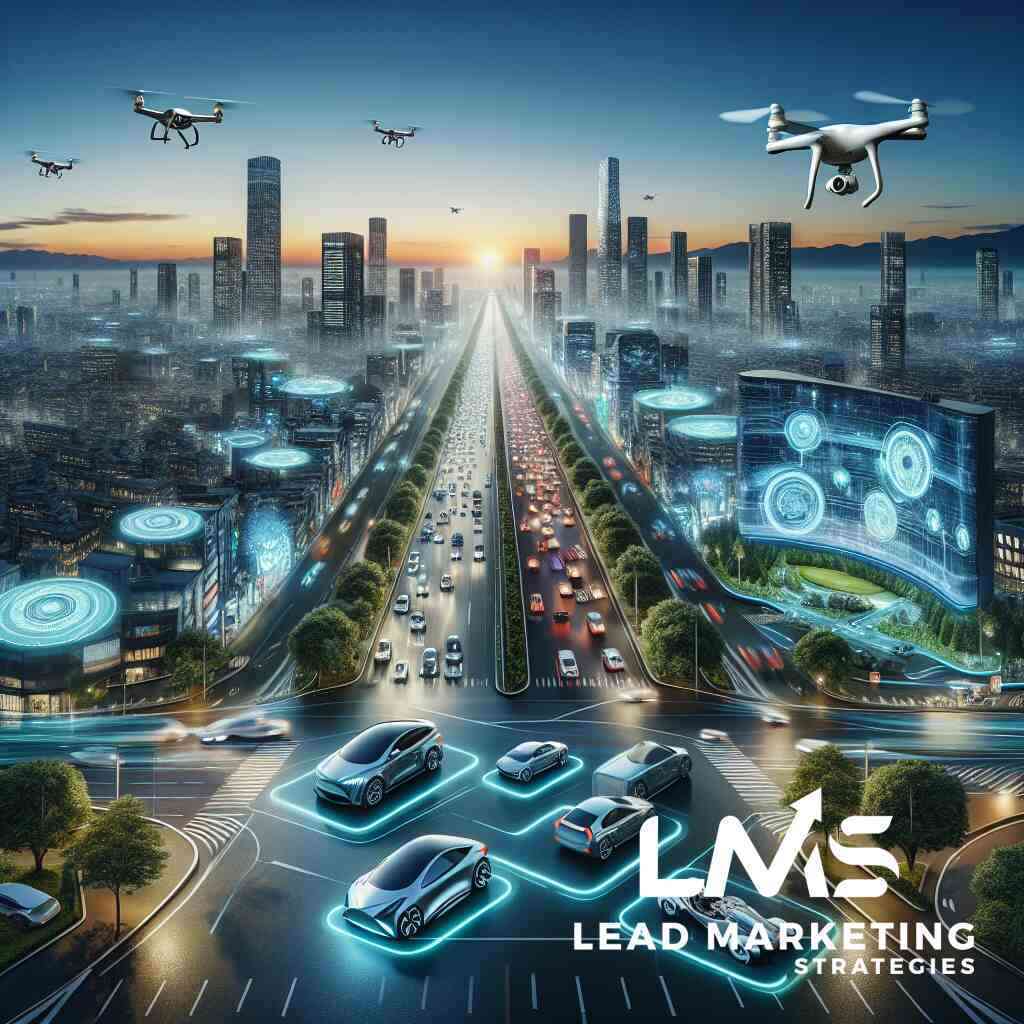
Driving Forward: Innovative Campaign Execution Tactics
Integrating Automotive Experiential Marketing
Experiential marketing is an effective tool that allows brands to create memorable experiences for consumers, fostering deeper connections and brand loyalty. For the automotive sector, these automotive experiential marketing techniques can range from test drive events to virtual reality showcases of new models. Engaging consumers through these immersive experiences can significantly impact their perception and affinity toward a brand. Moreover, experiential events help in generating buzz and social media engagement, amplifying the campaign’s reach. As consumer expectations evolve, incorporating innovative experiential techniques remains essential to capturing attention in a competitive market.
Maximizing Vehicle Showroom Engagement
Enhancing the interaction within vehicle showrooms is crucial for influencing buyer decisions. Vehicle showroom campaigns focus on creating an engaging environment that showcases vehicles’ features in a captivating manner. Integrating technology such as augmented reality can offer customers detailed insights into vehicle specifications, enriching their buying journey. Effective showroom strategies also include personalized customer service and dynamic displays to create a welcoming atmosphere. By implementing these tactics, automotive businesses can increase foot traffic and conversion rates, ultimately driving sales and customer satisfaction.
Utilizing Multi-Channel Automotive Campaigns
Incorporating a multi-channel approach is vital for reaching varied demographics across multiple platforms. This strategy involves orchestrating campaigns across digital, social, and traditional media to ensure comprehensive audience coverage. Engaging with consumers through diverse channels enhances visibility and reinforces messaging consistency, critical for automotive brands. For instance, integrating digital advertising with social media strategies for the automotive industry enhances engagement and brand recall. Cross-channel initiatives allow brands to leverage the strengths of each platform, ultimately extending their market influence and driving significant consumer interactions.
Implementing Automotive Marketing Automation Tools
In today’s fast-paced environment, automotive businesses are increasingly adopting marketing automation to streamline processes and improve efficiency. These tools enable the automation of repetitive tasks such as email marketing, social media posting, and ad campaigns, allowing teams to focus on strategic planning and creativity. Moreover, automation tools facilitate personalization, helping brands deliver targeted content that resonates with specific audience segments. By using these platforms, companies can better track and analyze campaign performance, leading to informed decision-making and refinement of strategies. Embracing marketing automation not only enhances operational efficiency but also optimizes customer engagement, creating a seamless and tailored experience.
The Road Ahead: Measuring and Optimizing Campaign Success
Analyzing Automotive Customer Engagement Metrics
Understanding and analyzing customer engagement in automotive marketing is pivotal in refining campaign strategies. Engagement metrics such as interaction rates, time spent on websites, and social media shares provide insights into consumer behavior and preferences. By leveraging these data points, businesses can identify trends and areas needing improvement. Furthermore, these metrics help in tailoring marketing messages to better resonate with the audience, enhancing overall brand perception. Such analysis not only informs current strategies but also sets a benchmark for future campaigns, ensuring their alignment with consumer expectations and industry trends.
Enhancing Vehicle Brand Loyalty Programs
Boosting loyalty among consumers is essential for sustained success in the automotive sector. Implementing effective vehicle brand loyalty programs can deepen customer relationships and foster repeat business. These programs often include personalized offers, exclusive events, or rewards for continuous engagement and purchases. By focusing on what drives consumer loyalty, businesses can create value-driven connections, increasing the likelihood of brand advocacy. Moreover, leveraging insights from engagement metrics allows for the customization of loyalty strategies, ensuring they are relevant and appealing to the target demographic. Such targeted approaches not only retain existing customers but also attract new ones through positive word-of-mouth.
Tuning Car Sales Conversion Techniques
Optimizing conversion techniques is crucial for translating marketing efforts into actual car sales. This process involves refining sales funnels, improving lead management, and enhancing customer interactions throughout the purchase journey. Implementing advanced SEO practices for auto shops can increase visibility and attract potential buyers actively searching for vehicles or services. Additionally, training sales teams to provide personalized and knowledgeable assistance further aids in converting interested leads into loyal customers. Continual analysis and adaptation of these techniques ensure that businesses remain competitive, catering efficiently to ever-changing consumer preferences.
Refining Automotive Campaign Strategies for Growth
Constant refinement of automotive campaign strategies near Alabama is essential for sustaining growth and market relevance. As the industry evolves, so do consumer expectations and technological advancements. Businesses must stay ahead by embracing innovative marketing methodologies and integrating feedback from both customers and market analyses. By doing so, they can adjust their strategies to better reflect current market dynamics and consumer needs. Furthermore, personalized marketing efforts built on robust data insights enable more precise targeting, ensuring maximum impact. Through ongoing refinement, automotive businesses can achieve sustainable growth, driving future success and industry leadership.
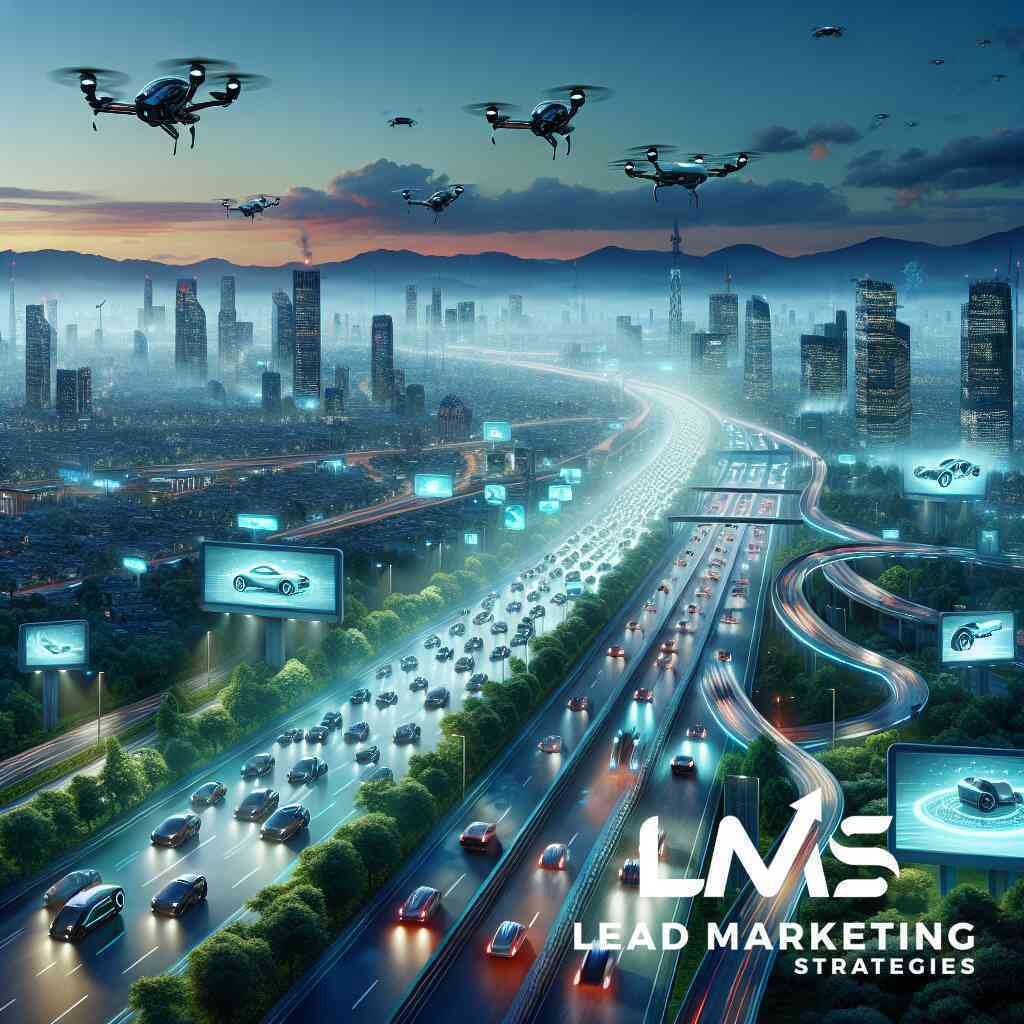
Crossing the Finish Line: Concluding Thoughts on Automotive Marketing Strategies
Predicting Future Trends in Automotive Marketing
As the automotive industry shifts towards a digital landscape, predicting future trends becomes crucial for staying competitive. One key area is the integration of AI and machine learning technologies in creating adaptive marketing strategies. Automotive companies are expected to embrace personalized consumer experiences through data-driven insights, which will dramatically enhance engagement and conversion rates. Moving forward, expect a stronger focus on sustainability in automotive industry campaigns, as eco-friendly vehicles and green initiatives gain prominence. The emergence of electric vehicles will not only transform car manufacturing but also redefine marketing narratives, focusing on innovation and sustainability. Thus, automotive brands must anticipate these trends to remain relevant and innovative.
Reinventing Auto Industry Campaigns for Tomorrow
Reinventing auto industry campaigns requires embracing cutting-edge technologies and innovative storytelling. Automotive brands are leaning towards immersive and interactive advertising techniques, such as augmented reality showrooms and virtual test drives. These approaches offer consumers unique, engaging experiences, driving deeper connections with brands. Collaborations with digital influencers remain a significant aspect of tomorrow’s campaigns, leveraging social media platforms for wider outreach. Additionally, targeted advertising through web traffic for automotive websites is becoming indispensable. Harnessing these tools enables brands to refine precision targeting, ensuring their message reaches the appropriate audience efficiently. By reinventing marketing strategies, the automotive industry can continue to captivate audiences and secure long-term growth.
Final Thoughts: Sustaining Innovation in Automotive Marketing
Sustaining innovation in automotive marketing hinges on the ability to adapt to changing consumer expectations and technological advancements. Brands that prioritize continuous learning and agile marketing practices will position themselves as leaders. Emphasizing lead marketing strategies that are data-centric and consumer-focused will drive brand equity and loyalty. It’s vital to nurture an innovative culture where experimenting with new technologies and methodologies is encouraged. Moreover, fostering partnerships with tech industries can offer fresh perspectives and accelerate marketing advancements. In conclusion, a forward-thinking approach, underpinned by consistent innovation, will ensure automotive companies remain at the forefront of the digital revolution in marketing.
Frequently Asked Questions
Question: How can automotive digital transformation enhance auto service advertising?
Answer: Automotive digital transformation opens up a myriad of opportunities for auto service advertising. By adopting cutting-edge technologies like AI-driven personalization and real-time data analytics, businesses can gain deeper insights into consumer behavior and preferences. These tools help optimize marketing campaigns, ensuring they resonate with the target audience and drive better engagement. Additionally, digital transformation enables more efficient operations and seamless communication with customers, ultimately leading to increased brand loyalty and customer acquisition.
Question: What role do automotive influencer partnerships play in effective car sales marketing trends?
Answer: Automotive influencer partnerships significantly impact car sales marketing trends by expanding a brand’s reach and enhancing its credibility. Influencers have the power to sway consumer purchasing decisions, and their endorsement can introduce a vehicle to a broader audience. By collaborating with influencers who align with the brand, automotive companies can create authentic content that highlights vehicle features in relatable contexts. This approach not only drives brand awareness but also boosts conversion rates and fosters long-term customer engagement.
Question: How do you define success in automotive brand promotion within the blog post ‘What Are the Best Auto Industry Campaign Strategies’?
Answer: In the context of the blog post ‘What Are the Best Auto Industry Campaign Strategies,’ success in automotive brand promotion is defined by increased sales, enhanced brand visibility, and improved customer satisfaction. Key performance indicators like website traffic, lead generation, and conversion rates are crucial in gauging a campaign’s effectiveness. By aligning brand goals with consumer expectations and utilizing strategies like automotive brand storytelling, companies can create lasting impressions, leading to sustained growth and market leadership.
Question: Can vehicle showroom engagement techniques improve car service customer retention strategies?
Answer: Yes, vehicle showroom engagement techniques can greatly enhance car service customer retention strategies. Creating an interactive and engaging showroom environment helps showcase vehicle features in a captivating manner, influencing buyer decisions. By utilizing technologies like augmented reality, customers can gain detailed insights into vehicle specifications, enriching their experience. Personalized customer service and dynamic displays further foster a welcoming atmosphere, encouraging repeated visits and loyalty. By implementing these tactics, automotive businesses can increase foot traffic, conversion rates, and ultimately, customer satisfaction.
Question: What innovations can automotive businesses adopt for effective marketing strategies near me?
Answer: Automotive businesses can adopt several innovations to enhance marketing strategies near me, such as leveraging localized digital marketing tools and employing targeted advertising strategies. Utilizing geo-targeted campaigns can help reach the local audience more effectively. In addition, embracing automotive experiential marketing techniques like virtual test drives and influencer partnerships can engage consumers and build brand loyalty. By integrating these innovative approaches, businesses can increase local visibility, drive more foot traffic, and improve overall conversion rates.
